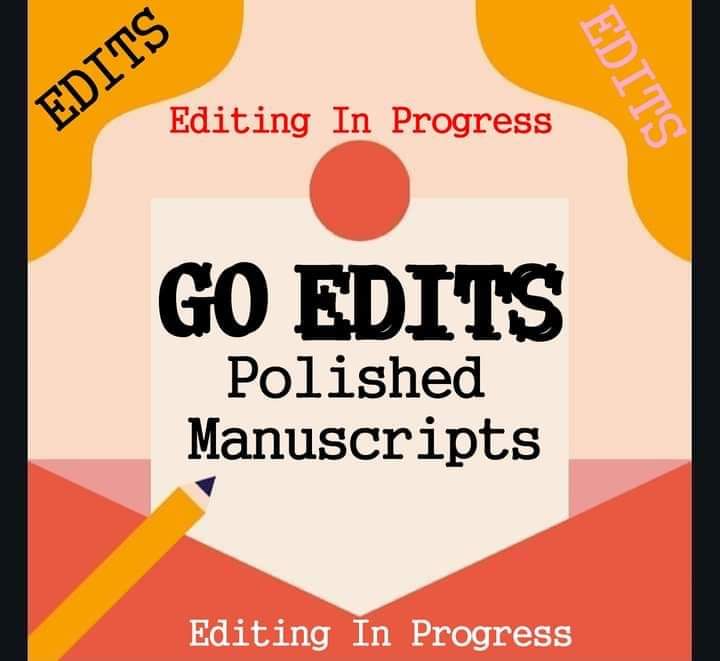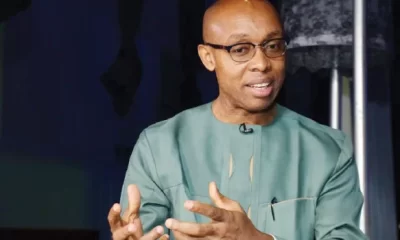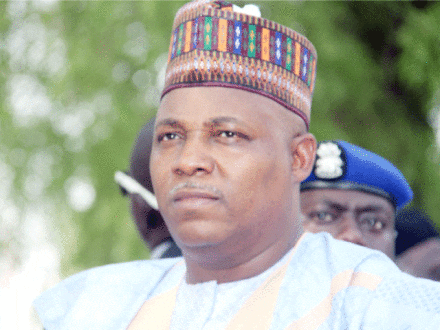Global Issues
How to Choose the Right Editor for Your Book -By Gloria Ogo
Every book needs editing. And if we’re being honest, editing your own work is nearly impossible. That’s where professional book editors come in.

I once got a call from a prospective client. He did a little back and forth about the pages of his manuscript being quite few, and positioned it will take the most of a few hours for me to read through.
That is a similar rationale on which certain writers in search of editors might hang their bargaining chip.
I let him know two things.
It is not really the editor’s time you pay for, but the know-how, and getting the job done right.
The second is the ability to identify the type of edit your work needs, as each kind of edit comes with its own price package.
The pitfall is this, an inability to tell that your manuscript needs a structural/ developmental edit, might make you settle for copy edit (which your work isn’t quite ready for). At the end, you get off thinking you got a cheaper editor.
What you actually got might be a stage in the process that doesn’t quite bring out the best in your effort.
Hence, cost and know-how go hand-in-hand.
After typing the end in your manuscript
*How do you know which editor to settle for?
It is simple really.
Have several editors offer to edit for you a page or more sample.
This will enable you detect who is giving your work the best shine it needs.
*Do you think you don’t need an editor?
Every book needs editing. And if we’re being honest, editing your own work is nearly impossible. That’s where professional book editors come in.
Working with an experienced book editor is one of the best investments you can make for your book and your writing career.
Why? Because working with a good editor can take your book from an idea, or messy first draft, to a finished manuscript that “works.” A good editor can also help you improve your writing skills, which will probably save you time and money on your next project. Bad editors, on the other hand, can waste your time and money, and can even be a hindrance on your path to publication or to becoming a better writer.
* Types of editing needs
Developmental Editors
A Developmental Editor (sometimes called a Structural Editor) is someone who looks at the “big picture” of your story.
They are concerned with the overall content and structure of your manuscript, and whether or not your story “works”. A Developmental Editor focuses on things such as story structure and plot, character development, genre, theme, and point of view. They will examine your story on a micro, scene-by-scene level, as well as the macro, global story level. At the end of their analysis, they will provide an editorial letter that acknowledges everything that is working within the manuscript, and outlines what is not, offering suggestions for revision.
Sometimes a Developmental Editor can act as a writing coach, guiding you through the book writing process start to finish. If you decide to work with a Developmental Editor on an ongoing basis, they can teach you how to become a better writer using your manuscript as a learning tool. The benefit of this process is the shortened feedback loop between execution and evaluation, compressing the craft learning process.
Line Editors
A Line Editor (sometimes called a Stylistic Editor) focuses on the way you use language to communicate your story to the reader. They will go through your manuscript line by line to make sure the voice and style of writing are consistent and will focus on things like awkward phrasing, unnecessary repetition, telling vs. showing, passive voice, dialogue, point of view, etc. A Line Editor will also look for, and flag, any inconsistencies in your characters, settings, and the story’s timeline.
To allow for easier reading, they may suggest cutting or moving sentences or paragraphs. A good Line Editor does all of this while preserving the meaning and voice of the original text. It is not the job of a Line Editor to provide you with an overall view of the quality, structure, or pacing of the story. That’s what a Developmental Editor is for.
Before you send your manuscript to a Line Editor, any big, structural changes should be taken care of.
Copy Editors
A Copy Editor is someone who focuses on spelling, grammar, and punctuation. They will address commonly confused words (example, affect vs. effect) as well as ensure consistency with capitalization, hyphenation, and numerals. This is last edit before the manuscript is sent to production.
Proofreaders
A Proofreader looks at the book once it’s been formatted for print or digital publication. They make sure the Copy Editor’s notes made it into the final version (or proof), and that the layout and pages numbers are correct. Their job is to make sure your book is as error-free as possible before it gets released to the public. It is not the Proofreader’s job to comment on whether or not the story makes sense or engages the reader.
And, above all, remember that an editor shares your goal of making the best book possible. If you can view your editor as a part of your team, it will be easier to accept their feedback. Approach the editing process with an open mind and a willingness to learn, and you WILL become a better writer.
👉 Let’s discuss in the comments: Have you ever worked with an editor or a writing coach? What was your experience like? What advice would you give someone who’s on the fence about working with an editor? Do you have any reservations about hiring an editor? Let us know in the comments below!



















